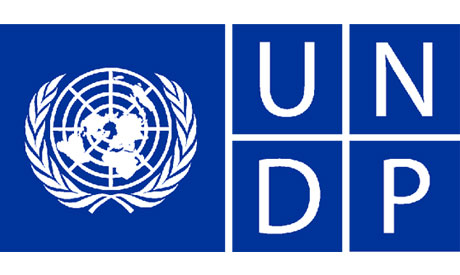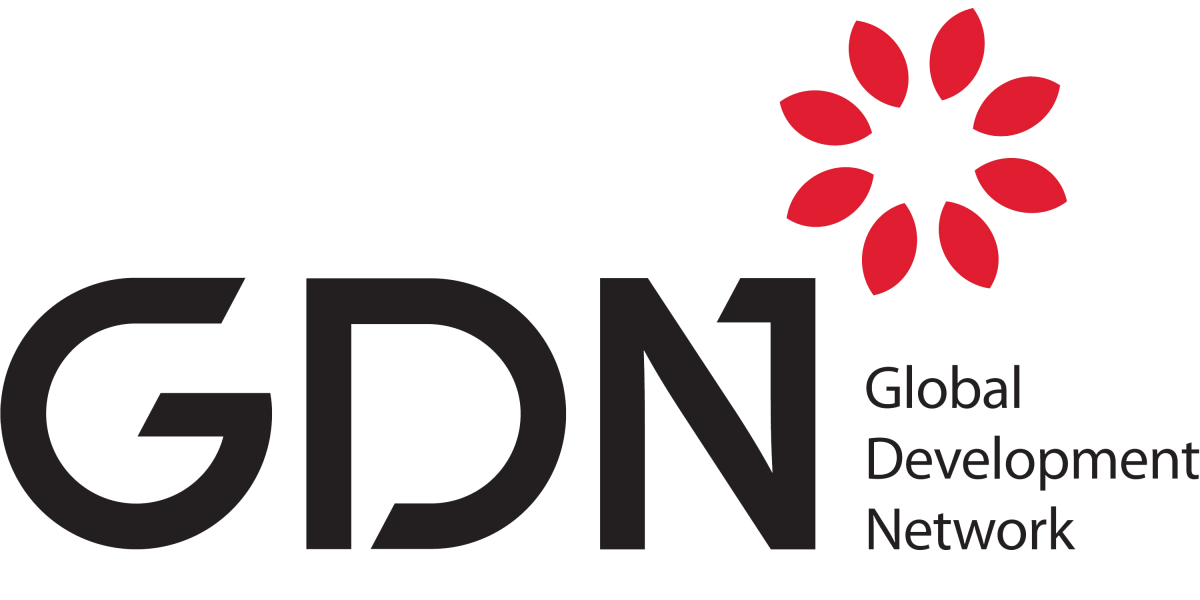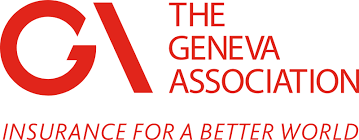This project aims to explore if remittances may be used to support the entrepreneurial activities of unemployed youth in households receiving remittances, in an environment of global economic crisis, tightened credit conditions, lack of venture capital financing and the malfunctioning labor market.
Low job creation and high unemployment are the most important problems of Macedonia. The youth unemployment rate of 55% remains persistently high. On the other hand, Macedonia receives remittances of outward migration in the amount of above 20% of GDP annually. Their usage, however, remains largely unknown. This proposed research aims to explore if remittances may be used to support the entrepreneurial activities of unemployed youth in households receiving remittances, in an environment of global economic crisis, tightened credit conditions, lack of venture capital financing and the malfunctioning labor market. We will use the Remittances Survey conducted in September/October 2012 to explore the probability that a young person will enter self-employment if his/her household receives remittance. We propose two techniques: i) propensity score matching, so as to find similar, in characteristics, non-receiving households, as those receiving remittance; and ii) instrumental variables approach, so as to account for the potential endogeneity of remittances with respect to the decision to establish own firm. We expect that our findings would enable us to propose policy recommendations in the fiscal, social, and labor-market sphere, aimed at channeling the large amount of remittances in Macedonia into generating jobs for youth.
Provider: International Development Research Center
Duration: 2013-2014 (1 year)
Project’s web site



